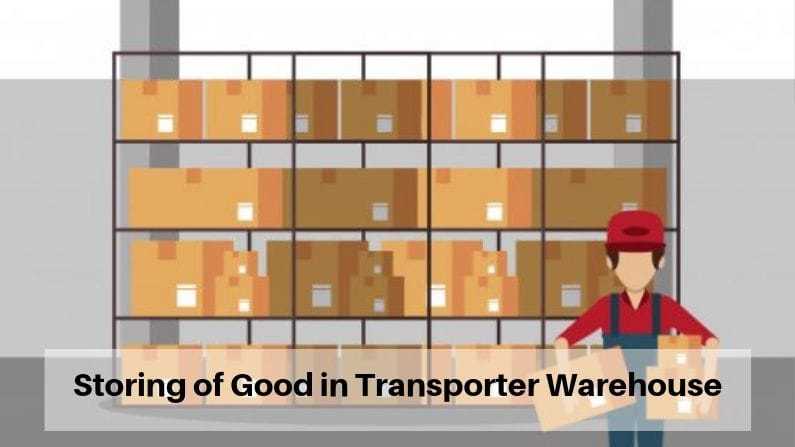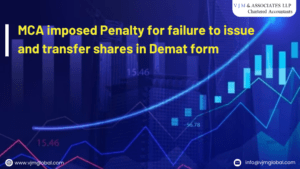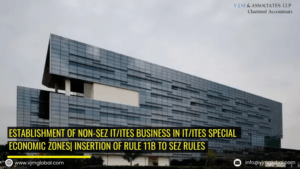How to make E-way Bill In Case Of Storing Of Goods in Transporter Godown.
The problem of Storing Of Goods In Transporter Godown:
- Textile traders use transporters’ godown for storage of their goods due to their weak financial conditions.
- The transporters providing such warehousing facility will have to get themselves registered under GST.
- The transporters providing such warehousing facility will have to get themselves registered under GST and maintain detailed records in cases where the transporter takes delivery of the goods and temporarily stores them in his warehouse for further transportation of the goods till the consignee/recipient taxpayer’s premises.
- The transport industry is facing difficulties due to the same and a request has been made to treat these godowns as transit godowns.
Clarification on Storing Of Goods In Transporter Godown:
- In case the consignee/ recipient taxpayer stores his goods in the godown of the transporter, then the transporter’s godown has to be declared as an additional place of business by the consignee/ recipient taxpayer.
- Mere declaration by the recipient taxpayer to this effect with the concurrence of the transporter in the said declaration will sufficient.
- In such case, the transportation under the e-way bill shall be deemed to be concluded once the goods have reached the transporter’s godown
- whenever the goods move from the transporter’s godown (i.e, recipient taxpayer’s additional place of business) to the recipient taxpayer’s any other place of business, a valid e-way bill shall be required, as per the extant State-specific e-way bill rules.






